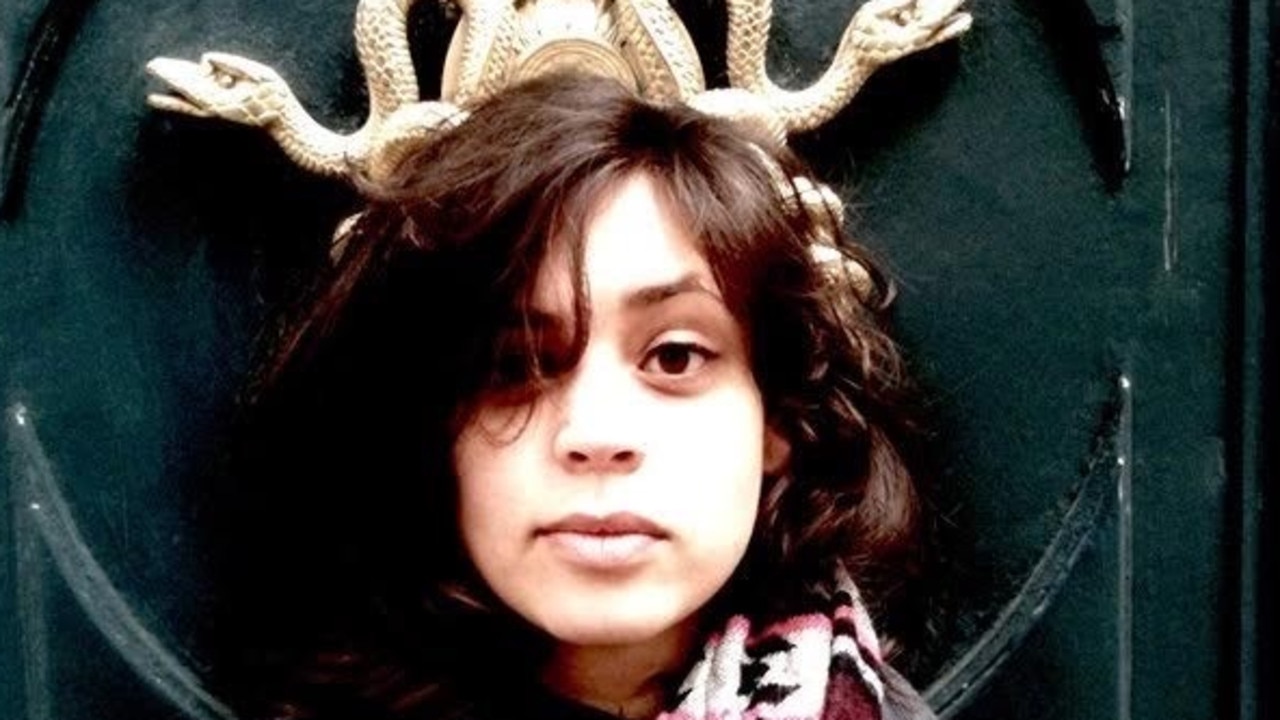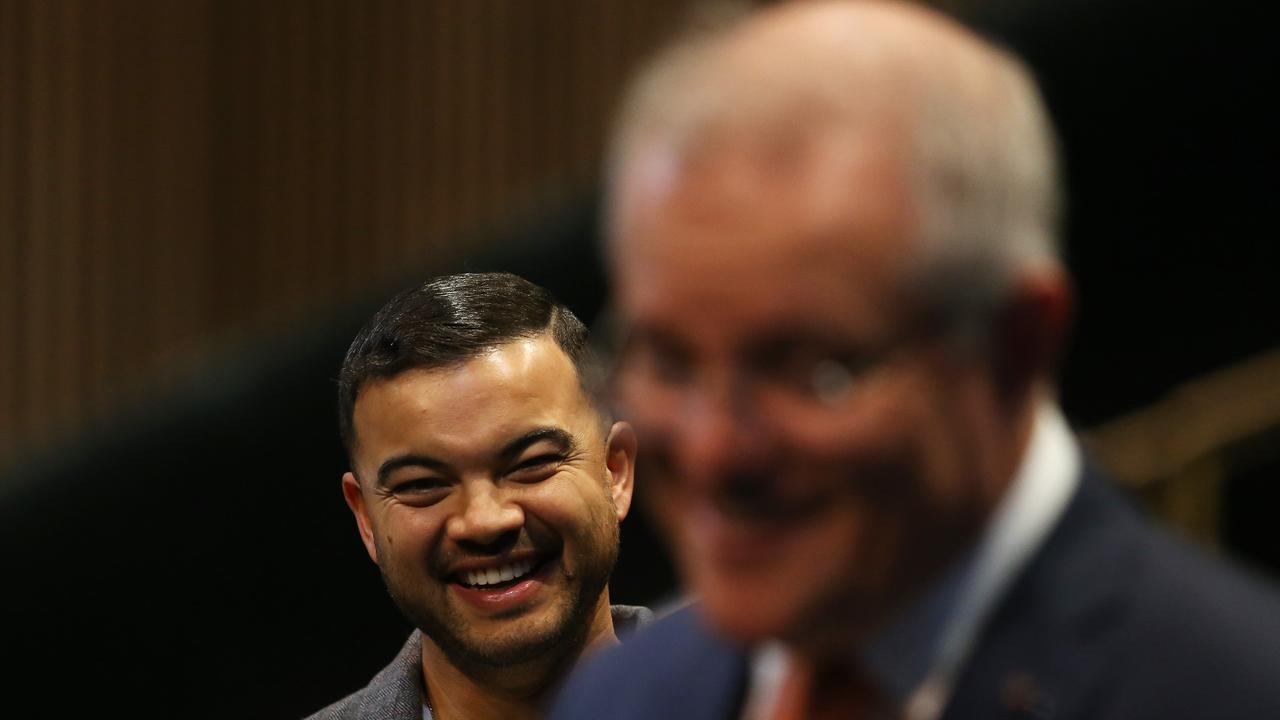Cold War piano competition made reluctant Ashkenazy a Soviet star
Vladimir Ashkenazy, who turns 80 on July 6, was not keen to be in the piano competition that made him famous — but the future SSO chief conductor knew he had no choice.

Arts
Don't miss out on the headlines from Arts. Followed categories will be added to My News.
IT WAS March 1963, at the height of the Cold War between world superpowers America and the USSR. The newly-minted international piano star Vladimir Ashkenazy — fresh from winning joint first place in the second International Tchaikovsky Competition in Moscow — was set to fly to London for a special celebrity concert performance.
Ashkenazy’s triumph in the Tchaikovsky Competition had been a major source of self-congratulation for Soviet Ministry of Culture officials, especially after their humiliation four years earlier when none other than an American had come first.
Ashkenazy, who turns 80 on July 6, had not wanted to be in the second competition, knowing the music he would be required to play did not suit him. But he also knew a refusal would unleash the wrath of the Soviet culture commissars, to his lifelong detriment.

The pianist would say years later that, had he declined to compete, “they would throw me into the rubbish bin and forget about me”. It was too dangerous to do anything but acquiesce.
In the event, Ashkenazy shared first prize in 1962 with English pianist John Ogdon. The following year, as Ashkenazy prepared to leave for London, a tricky political dilemma arose.

The Ministry of Culture was happy to see Ashkenazy show the rest of the world the cultural might of the USSR. But it was refusing to allow Ashkenazy’s wife, the Icelandic pianist Thorunn Johannsdottir, to accompany him to London with their young son.
The couple had met at the Moscow Conservatory and married shortly after. But Soviet authorities looked with suspicion at their musical star marrying a foreigner, and the couple found themselves under surveillance. Thorunn was even reported for wearing a small cross given to her by her grandmother.
At the eleventh hour, Thorunn was given permission to go to London two days after her husband left and, once safely in the UK, the couple decided to stay and the UK granted them residents’ permits. Ashkenazy would never again live in Russia, although he began to visit the country again in the late 1980s.
London was Ashkenazy’s home base for the next five years, but his hectic concert schedule forced him to travel constantly. Exhaustion coupled with a desire to reconnect with nature and to see more of his growing family led Ashkenazy to buy a house in his wife’s country of Iceland. Such was his continuing need for spiritual regeneration that he would sometimes fly to Iceland just for the day while he was on tour, walking along the wild clifftops and enjoying the quietude.
Ashkenazy’s father-in-law was an Icelandic conductor who began teaching the pianist how to conduct an orchestra. These lessons were ultimately instrumental in allowing Ashkenazy to forge a second, highly successful international career with some of the world’s most revered orchestras, including the Sydney Symphony Orchestra where he was chief conductor and artistic director between 2009 and 2013.

Ashkenazy is an intense music-maker, says SSO principal viola Roger Benedict who first worked with the maestro in London in 1986. “He’s a very sweet person, very genuine and sincere. He just wants to get the best out of the orchestra and the best out of the music,” Benedict says.
Ashkenazy returns to Sydney in November to conduct the SSO in a concert tribute to the legendary Russian composer Shostakovich, and the orchestra members are “very excited to see him”.
Benedict says Ashkenazy had told him details of his early life in Russia, including memories of the “apartment with running water” that he was granted as a special privilege after winning the 1962 Tchaikovsky competition.
Ashkenazy was born in the Russian city of Gorky, now Nizhny Novgorod, on July 6, 1937. Known as the Russian Detroit for its manufacturing industries, Gorky was extensively bombed by the Germans in WWII.

Ashkenazy’s love affair with music began at home. His mother took him to see an opera at the Bolshoi Theatre, during which he stared at the orchestra in the pit. His father was a piano player but the family was very humble. Ashkenazy would go on to have five children of his own and remains indivisible from his wife, who nickname is Dodie.
“She’s at nearly every rehearsal,” Benedict says. “You can’t really celebrate his achievement without giving her credit. He always jokes he’d better conduct something a certain way because otherwise Dodie will tell him off.”


